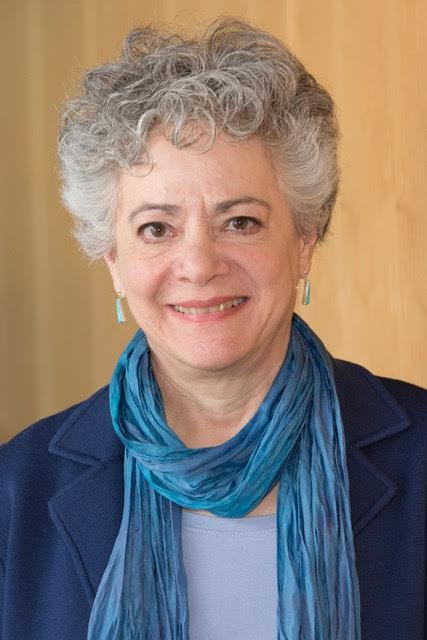During its 55th annual meeting in Vancouver, Canada (July 30 - August 4, 2017), the Association for Computational Linguistics (ACL) awarded its 2017 ACL Lifetime Achievement Award to Professor Barbara Grosz.

Barbara Grosz is Higgins Professor of Natural Sciences in the School of Engineering and Applied Sciences at Harvard University. She received her undergraduate degree in Mathematics from Cornell University and her Master's and Doctoral degrees in Computer Science from the University of California at Berkeley. Prior to joining Harvard as Professor in 1986, she held positions at SRI International and Stanford University. She has also held visiting positions at the University of Pennsylvania, Hebrew University, Jerusalem, and Brown University.
Professor Grosz has made seminal contributions to the fields of natural language processing and multi-agent systems. She established the research field of computational modeling of discourse and, with Candy Sidner, developed a theory of discourse structure that specifies how discourse interpretation depends on interactions among speaker intentions, attentional state, and linguistic form. With Julia Hirschberg she used the theory to study the use of intonation to convey information about discourse structure, for instance how tones demark, in spoken language, some of the structure that paragraphs and parentheses indicate in written language. She also developed some of the earliest computer dialogue systems. Professor Grosz's work on models of collaboration helped establish that field and has provided the framework for several collaborative multi-agent and human-computer interface systems. Her current research focuses on exploring ways collaborative multi-agent systems, collaborative interfaces and natural-language processing methods can enhance medical care and education. She is particularly interested in using models of collaboration to improve the systems patients and physicians use for health care planning and communication.
Professor Grosz's honors include being a member of the National Academy of Engineering, the American Philosophical Society, and the American Academy of Arts and Sciences, a fellow of the Association for the Advancement of Artificial Intelligence (AAAI) and the ACM, and a corresponding fellow of the Royal Society of Edinburgh. She received the ACM/AAAI Allen Newell Award in 2009 for “fundamental contributions to research in natural language processing and in multi-agent systems, for her leadership in the field of artificial intelligence, and for her role in the establishment and leadership of interdisciplinary institutions.” In 2015, she was presented the IJCAI Award for Research Excellence in recognition of her "pioneering research in Natural Language Processing and in theories and applications of Multiagent Collaboration."
Professor Grosz is also known for her role in the establishment and leadership of interdisciplinary institutions, and she is widely respected for her contributions to the advancement of women in science. Her scientific leadership service includes serving from 1986-88 on the Executive Committee of the ACL, from 1989-91 as the head of IJCAI (the first woman to do so), and from1993-95, as [the first woman] president of the AAAI. From 2007-2011, Professor Grosz served as interim dean and then dean of Harvard’s Radcliffe Institute for Advanced Study, and from 2001-2007 she was the Institute’s first dean of science, designing and building its science program. She chaired the 2005 Harvard University Task Force on Women in Science and Engineering.